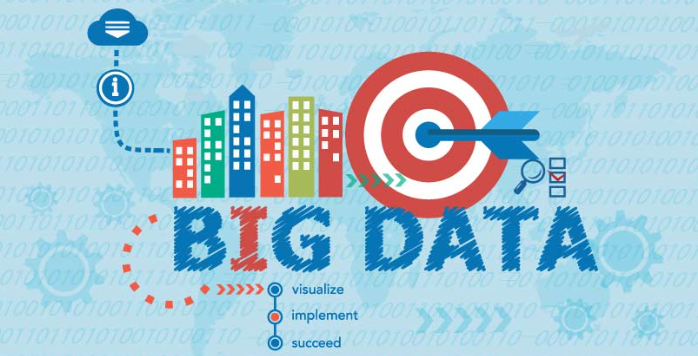Introduction:
In the ever-evolving landscape of IT, one term that has gained immense significance is “Big Data.” This massive volume of structured and unstructured data has opened new horizons for businesses. IT Project Managers find themselves in the midst of this data revolution, often wondering how to harness its potential. In this article, we will explore the realm of Big Data and how IT Project Managers can effectively play with it to drive project success.
Understanding Big Data:
Big Data is not merely about the size of data; it encompasses three essential dimensions: volume, velocity, and variety. Volume pertains to the sheer amount of data, velocity relates to the speed at which data is generated and processed, and variety indicates the diversity of data types. For IT Project Managers, comprehending these aspects is crucial.
The Role of IT Project Managers:
Project Managers serve as the orchestrators of IT initiatives. Their responsibilities include defining project objectives, managing resources, and ensuring projects are executed efficiently. With Big Data, a new layer of complexity is introduced. IT Project Managers must adapt their skill sets to navigate this terrain.
Incorporating Big Data into IT Projects:

Project Planning: IT Project Managers should consider Big Data from the project’s inception. Assess whether Big Data will play a role and if it does, allocate resources and time accordingly.
Data Collection: Big Data projects often involve gathering data from diverse sources. Ensure data sources are identified, and data is collected accurately.
Data Storage: Given the volume of data, proper storage solutions are critical. Understand various storage technologies such as Hadoop Distributed File System (HDFS) and cloud-based solutions.
Data Processing: Big Data is valuable when insights can be derived. Familiarize yourself with data processing frameworks like Apache Spark and data manipulation languages like Python.
Data Security: As data volumes grow, so do security risks. Implement robust security measures to protect sensitive information.
Tools of the Trade:
IT Project Managers should acquaint themselves with tools and technologies used in Big Data projects. These may include Hadoop, Spark, Hive, Pig, and more. While Project Managers may not need to become experts in these tools, understanding their functionalities is advantageous.
Working with Data Scientists:
Collaboration with data scientists is becoming increasingly common. Data scientists are skilled in extracting meaningful insights from Big Data. IT Project Managers should work closely with them to define project goals and ensure data analysis aligns with the project’s objectives.
Monitoring and Quality Control:
For Big Data projects, monitoring the process is vital. Data quality, integrity, and compliance must be maintained throughout the project’s lifecycle. Use monitoring tools and establish quality control processes.
The Benefits of Big Data for IT Projects:
When harnessed effectively, Big Data can provide invaluable insights, improve decision-making, and enhance project outcomes. IT Project Managers should be prepared to leverage Big Data to gain a competitive edge.
Conclusion:
In the realm of IT, Big Data is a formidable force that is here to stay. IT Project Managers can either be daunted by its complexity or embrace it as a powerful tool. By understanding the principles of Big Data, collaborating with data experts, and adapting their project management strategies, IT Project Managers can lead their teams to success in the age of data-driven decision-making. Big Data is not just a buzzword; it’s a transformative element that, when mastered, can drive IT projects to new heights.



